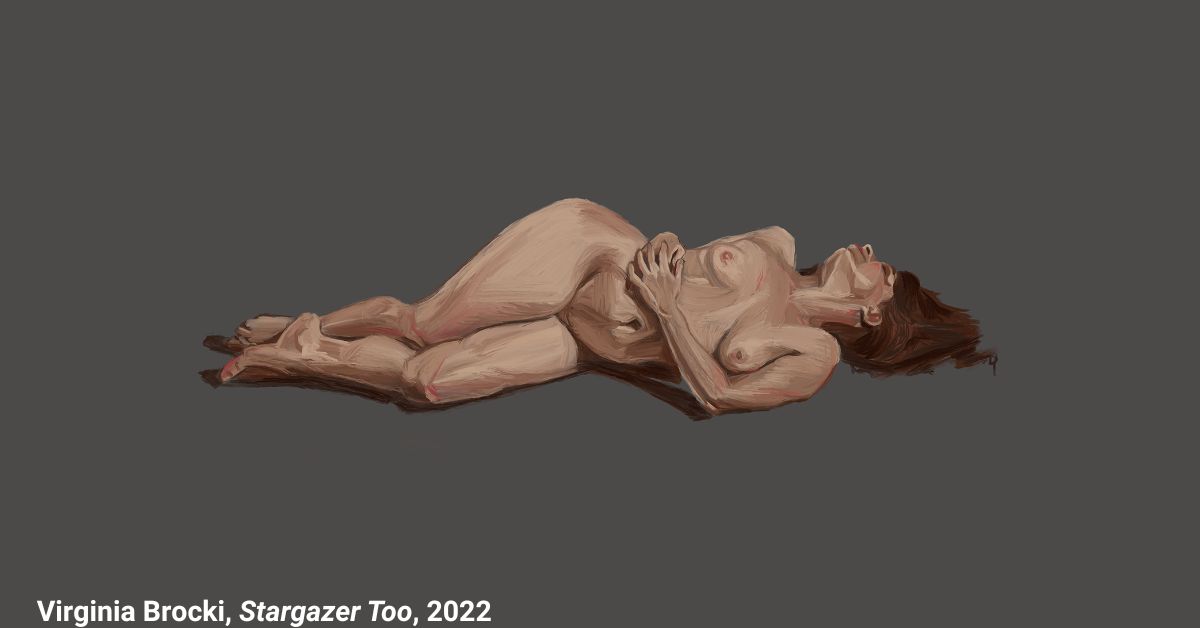Companies providing core internet infrastructures—including internet service providers, website host companies, payment processors, and more—rarely have substantial contact with their users, user-generated content, or user activities. And, even though they typically lack expertise, authority, resources, and policies to regulate user content with consistency, many online infrastructure companies do just that. The result has severely restricted free speech on the internet, particularly as it relates to artistic expression, as NCAC has recorded in recent months.
Often referred to as the tech “stack,” internet infrastructures deliver crucial, often “invisible” services, which support the part of the internet that most users are familiar with: media and retail websites, social media, streaming and gaming services, email services, and more. Interactive internet platforms like social media are expressly designed to facilitate the exchange of user activities and content, and therefore play an active role in the oversight of such activities and content. Internet infrastructure companies, on the other hand, are designed to facilitate a robust and highly functional internet which can support all means of activity. They should not be content police.
Here is a recent example of the strange and opaque ways in which infrastructure operates to censor content: Vincent Brocki hosts his website through HostGator, a Texas-based web host provider. The site features Mr. Brocki’s original music, poetry, videos, and blog in addition to a page dedicated to his wife’s digital drawings of nude figures. In September 2022, following HostGator’s “upgrade” of a third-party software program called Astra, several of Virginia Brocki’s nude drawings were deleted without warning from both the website and its image library. Apparently Ms. Brocki’s images were in violation of HostGator’s “Terms of Service,” yet, HostGator’s own Acceptable Use Policy does not prohibit nude drawings. After months of appeals to “escalated support” and receiving various explanations vaguely referencing HostGator’s and Astra’s “Terms of Service,” Mr. Brocki has yet to receive a clear explanation as to how the drawings are in violation of any terms of service.
Infrastructure censorship is not only opaque, it is sometimes wildly inconsistent. In September 2022, Stripe, a payment processor, deactivated an artist’s account because it allegedly transgressed Stripe’s Services Agreement, which prohibits payments for “pornography and adult content.” The artist specializes in nude imagery and has been selling prints of her photographs and photo-collages through her website for several years. When she appealed Stripe’s decision by sending her professional artist CV, Stripe responded that they “do not allow nudity”—a confusing justification considering that Stripe is also the payment processor for OnlyFans, an online content subscription service that contains plenty of nude and sexually explicit images. Helpless in the face of this glaring inconsistency and unable to sell her work, the artist shifted her business to a new payment processor, Paypal. The move resulted in a loss of subscribers who did not follow her account migration to Patreon, costing her hundreds of dollars in monthly income. These are just two examples amid a likely sea of unreported instances.
In the examples we have seen, internet infrastructure providers appear to take exception to artistic depictions of nudity that are not unlike the works on view to general audiences in museums. These companies lack the expertise, authority, and resources to make these judgments. The resulting broad and inconsistent censorship measures threaten the freedom of countless artists and the internet users who wish to see their work.


